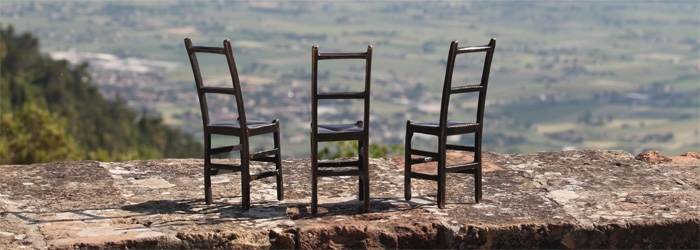I have recently been in Washington DC attending a Shalem (Institute for Spiritual Formation) gathering with a theme focus of “Contemplative Conversations.” In the United States (and in a growing number of places around the world) there is not only a deepening and polarizing political divide, but there is a dangerous emergence of social permission for racism and hatred. To be clear, there is a tendency to socially and publicly demonize those who are different or who hold different views and opinions. There is a diminishing willingness to deeply listen and to hold and live in the tension of diversity. We are living in a time like no other when our future together as a human family depends on our desire and willingness to listen deeply to those who differ from you. The contemplative path, which is the self emptying Way of Jesus, is the only hope for our world. In a word, contemplative prayer moves us from “head” space to “heart” space. The dualistic mind, or “head space,” is where most of our culture lives life from. Most social conversations are from head space to head space, which is always separate, never unitive. The dualistic mind is a binary organ that can only operate in terms of “either/or, right/wrong, us/them.” If this “head space" is the only place where divisive political and moral conversations are happening, then there will be no reconciliation, there will be no depth or openness to diversity and inclusion. On the other hand, a contemplative conversation is a communicating and communing from the “heart space.” When we listen from our “heart” space, we are listening from a place that is not interested in being “correct,” but from a place whose deepest desire is to “connect” with the other. A contemplative conversation is not an either or conversation. A contemplative conversation is a both and conversation. A “heart” space conversation is an ever new and emerging relating that can live in unity with ambiguity, uncertainty and mystery. A contemplative conversation is the Way of Jesus. To learn this deep Way of listening is what our polarized and fearful world of politics needs. To learn this deep Way of listening is what our uncertain church needs.
